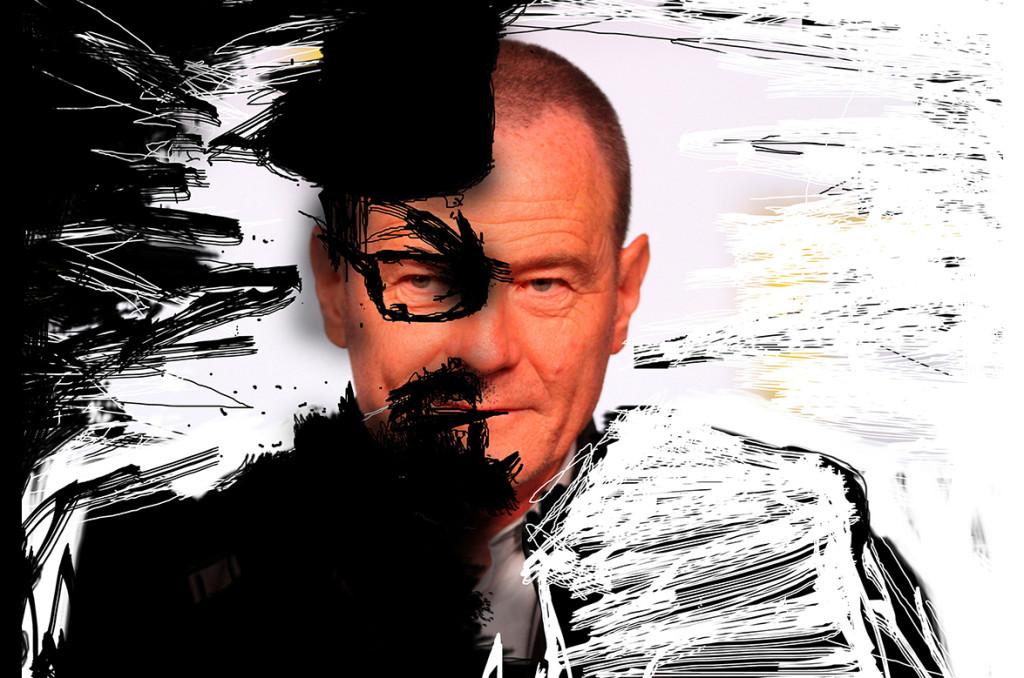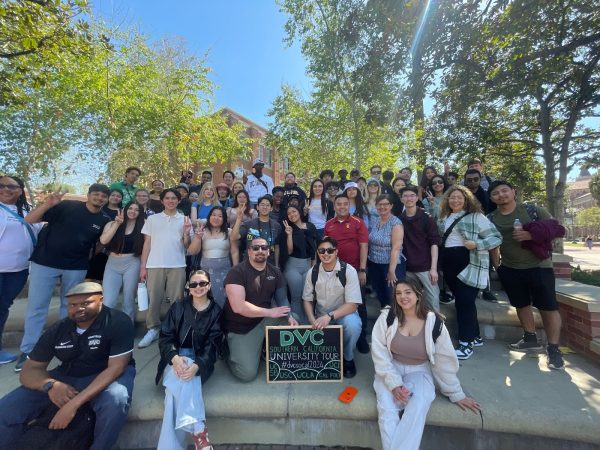Breaking Bad: The New Heisenberg Effect
September 25, 2013
I’ll spare readers ad-hominem cliches about living under rocks, and assume for the sake of ease you haven’t managed to avoid the pop-culture tsunami that is television’s crime drama “Breaking Bad,” or at least have some idea it is happening.
Most of us are on board, but even if you can’t conjure enough care power to vomit at another mention of it, it’s worth noting the critically lauded series just took home an Emmy for Best Outstanding Drama at Sunday’s 65th Emmy Awards, a development that shouldn’t come as a shock to longtime viewers.
Needless to say, the series is big. How big? From Forbes to The Atlantic “Breaking Bad” has drawn the always modest “best TV series ever” distinction, and is routinely name dropped alongside beloved cable hits like “The Wire,” and “The Sopranos.” Despite the curtain closing on its fifth and final season, no one could be accused of wandering too far out on the conjecture limb to call this series monumental. So what’s all the hubbub? What does this series bring to the party that no one else does? And what attracts us to series protagonist, Walter White, played by Bryan Cranston, specifically?
One reason we keep tuning in is the original writing. I don’t know about everyone else, but this happens to be my favorite TV show about mild-mannered high school teachers turning into ruthless drug lords. The character development and acting efficiently justify the show’s expanding pile of Emmys too. Cranston and Aaron Paul, who plays “Jesse Pinkman,” White’s emotionally troubled sidekick, share a rare chemistry.
But at the end of the day, it’s really the elegant train-wreck that is Walter White that keeps us watching. White endears himself to everyone early–a chemistry teacher, who when unceremoniously diagnosed with late stage lung-cancer, and the prospect of bankrupting his family, fatefully decides to use his talents to cook methamphetamine, giving us our first of in a string of moral compromises.
Early in the series, we secretly celebrate White’s mischievous devolution into the black hat donning alter-ego “Heisenberg.” His transformation symbolized a rebellion against external pressures to submit or conform. Walter White is the embodiment of the proverbial middle finger to society’s best effort to keep our heads down, and our feet in step. He says and does things we’ve all fantasized about on some level.
But as the stakes raise, White’s descent deepens, and the ramifications of his decisions become less benign, eventually hurting the innocent. The show grows up in front of us from the unlikely caper-pulling tandem of Walter and Jesse, to the eventual dark reality of immersion in a criminal underworld where success is proportional to the innocence you lose.
We’ve rooted for villains before. From Richard III to Hannibal Lecter, there’s something about deconstructing the black and white hat and Kantian categorical imperatives to a place we closer identify with as being grey. White differs from the familiar villain in that he was once good, and has slowly unraveled, smudging the divide between black and white as he goes.
New York Times Magazine essayist Chuck Klosterman covers a lot of ground in his description of the most compelling themes of Breaking Bad, “The central question on Breaking Bad is this: What makes a man “bad” — his actions, his motives, or his conscious decision to be a bad person?”
Not a bad start. I would add that the themes of objective moral ambiguity start to take a backseat to how willing we are to parse immorality subjectively, to forgive White and his transgressions, each as individuals. Breaking Bad is about how complicit we all are, and the moral grey we discover in ourselves while watching it.
At what point do we stop supporting White, or are we all pulling for him throughout? What is our personal ceiling for how many illegal things we’re willing to overlook before we indict a character with the same standards we would with someone we don’t know? Walter White’s character quietly subverts traditional good-guy bad-guy models ultimately forcing a choice on the viewer, and that’s where the genius in Breaking Bad lies, because we’re personally forced to confront questions of morality with more subjectivity than we have before.
Breaking Bad isn’t merely about sympathizing with someone forced to make hard choices. It’s about finding how far we’re willing to move our own line. We’re always just a few bad decisions away from becoming our own Heisenberg.
















































































